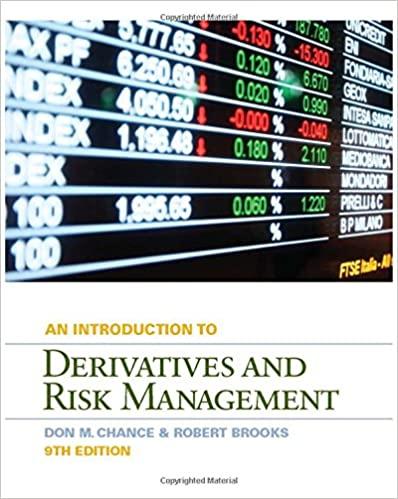Answered step by step
Verified Expert Solution
Question
1 Approved Answer
do not use ford as example for MNE hedging its fx risk Instructions Should an MNE risk overhedging ? Point Yes. MNEs have some unanticipated
 do not use ford as example for MNE hedging its fx risk
do not use ford as example for MNE hedging its fx risk Step by Step Solution
There are 3 Steps involved in it
Step: 1

Get Instant Access to Expert-Tailored Solutions
See step-by-step solutions with expert insights and AI powered tools for academic success
Step: 2

Step: 3

Ace Your Homework with AI
Get the answers you need in no time with our AI-driven, step-by-step assistance
Get Started


